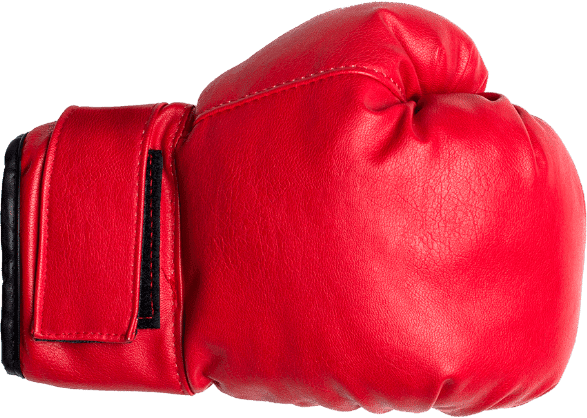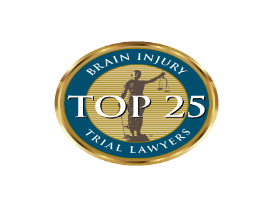Understanding Neck Stiffness and Pain: Causes, Symptoms, and Remedies
Introduction
Neck stiffness and pain are common complaints that affect millions of people worldwide. Whether it’s due to a poor night’s sleep, bad posture, or an underlying medical condition, neck discomfort can be both uncomfortable and disruptive to daily life. In this comprehensive article, we will delve into the world of neck stiffness and pain, exploring the various causes, symptoms, and effective remedies to help you find relief and maintain a healthy, pain-free neck.
Anatomy of the Neck
Before delving into the intricacies of neck stiffness and pain, it’s essential to understand the neck’s anatomy. The neck, also known as the cervical spine, is a complex structure consisting of seven vertebrae, various muscles, ligaments, and tendons. This remarkable arrangement allows for a wide range of motion, including bending, twisting, and turning of the head.
Common Causes of Neck Stiffness and Pain
Neck stiffness and pain can arise from a multitude of causes, including:
-
Muscle Strain: Overuse or sudden movements can strain neck muscles, resulting in pain and stiffness.
-
Poor Posture: Slouching, hunching over devices, and maintaining improper posture for extended periods can place added stress on the neck.
-
Muscle Tension: Stress and anxiety often lead to muscle tension in the neck and shoulders.
-
Sleeping Position: Sleeping in an awkward position or using an unsupportive pillow can contribute to neck discomfort.
-
Injuries: Accidents, falls, and sports-related injuries can damage the neck’s structures, causing pain and stiffness.
-
Medical Conditions: Conditions like osteoarthritis, herniated discs, or spinal stenosis can result in chronic neck pain.
Symptoms of Neck Stiffness and Pain
Neck pain can manifest in various ways, and its severity can range from mild to excruciating. Common symptoms include:
-
Stiffness: A feeling of tightness or reduced range of motion in the neck.
-
Pain: Dull, aching, or sharp pain in the neck, often accompanied by discomfort in the shoulders and upper back.
-
Headaches: Neck pain may radiate to the head, leading to tension headaches.
-
Numbness or Tingling: In some cases, neck pain may be associated with numbness or tingling sensations in the arms or hands.
-
Weakness: Muscle weakness in the arms or difficulty gripping objects can be a symptom of severe neck issues.
Remedies and Treatment
The good news is that many cases of neck stiffness and pain can be alleviated or resolved with conservative measures. Here are some effective remedies and treatments:
-
Rest: Give your neck a break by resting and avoiding activities that exacerbate the pain.
-
Heat and Cold Therapy: Applying a heating pad or warm compress can help relax tense muscles, while cold packs can reduce inflammation.
-
Neck Exercises: Gentle neck stretches and exercises prescribed by a physical therapist can improve flexibility and reduce stiffness.
-
Massage: Professional massage therapy can alleviate muscle tension and promote relaxation.
-
Proper Posture: Be mindful of your posture during daily activities, and invest in ergonomic furniture if needed.
-
Supportive Pillow: Choose a supportive pillow that maintains the natural curve of your neck while sleeping.
-
Over-the-Counter Pain Relievers: Non-prescription pain relievers like ibuprofen or acetaminophen can provide temporary relief.
-
Physical Therapy: A physical therapist can develop a customized exercise plan to strengthen neck muscles and improve posture.
-
Ergonomic Adjustments: Make ergonomic adjustments to your workspace to reduce strain on the neck and shoulders.
-
Prescription Medications: In severe cases, a healthcare provider may prescribe muscle relaxants or other medications.
-
Cervical Collar: A cervical collar may be recommended for short-term use to support the neck and limit movement.
-
Injections: In some cases, corticosteroid injections into the affected area may provide relief from pain and inflammation.
When to Seek Medical Attention
While many cases of neck stiffness and pain can be managed at home, it’s essential to seek medical attention if you experience:
-
Severe Pain: Intense, unrelenting pain that doesn’t respond to home remedies.
-
Numbness or Weakness: Numbness, tingling, or weakness in the arms or hands.
-
Persistent Symptoms: Symptoms that persist for more than a few days or worsen over time.
-
Radiating Pain: Pain that radiates down the arm or into the chest.
-
Fever: Neck pain accompanied by a fever, which could indicate an infection.
-
Trauma: Neck pain following a traumatic injury, such as a car accident or fall.
Conclusion
Neck stiffness and pain are common discomforts that can be caused by various factors. While many cases can be managed with home remedies and lifestyle adjustments, it’s crucial to recognize when professional medical intervention is necessary. By understanding the causes, symptoms, and available remedies for neck pain, individuals can take proactive steps to find relief, improve their neck’s health, and maintain a pain-free and active lifestyle.









